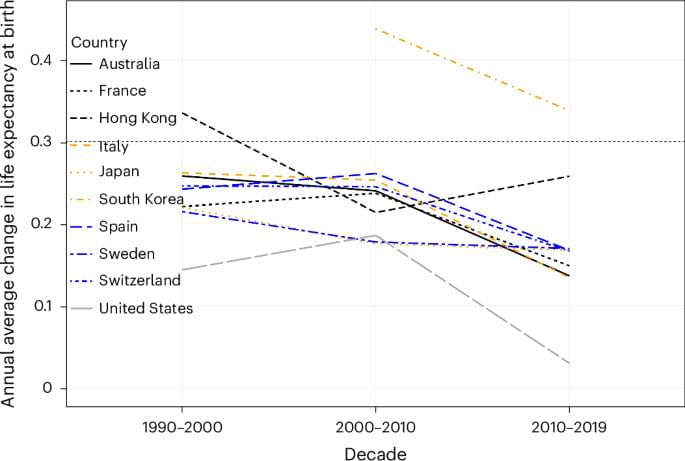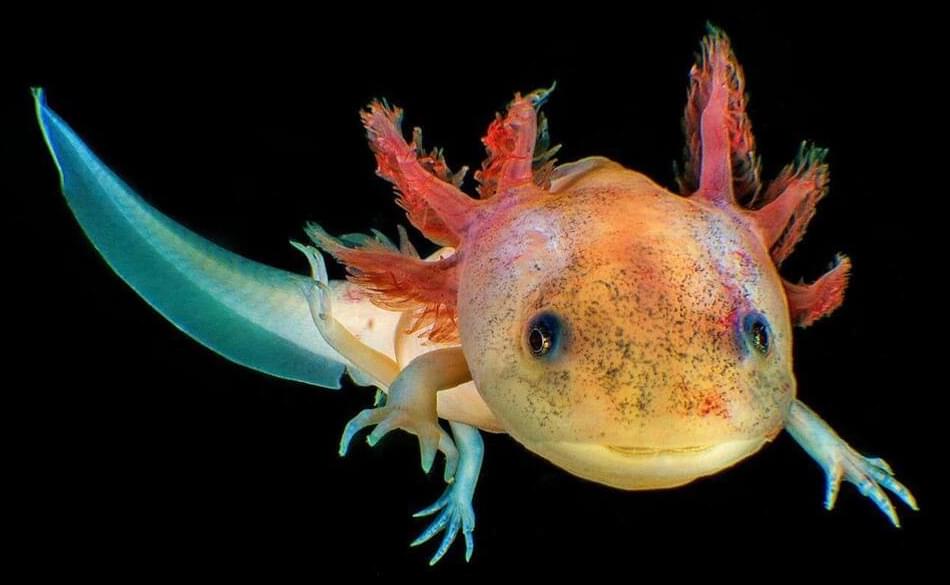Billionaires are backing top scientists racing to develop tech that could reverse aging. Cellular reprogramming promises to rejuvenate the body… but how does it work, and is it safe?
00:00 – Introduction.
00:55 – The Role Of Stem Cells.
02:33 – What Is Aging?
03:24 – What Is Cellular Reprogramming?
03:56 – How The Yamanaka Factors Can Rejuvenate Cells.
05:35 – Why Scientists Want To Partially Reprogram Cells.
06:28 – How Humans Could Become More Resilient To Age-Related Diseases.
07:00 – How Johnny Huard Uses Cellular Reprogramming.
08:10 – How Cellular Reprogramming Could Shape The Future.
08:38 – Amazon’s Jeff Bezos Is Investing Billions With Altos Labs.
09:02 – How Harvard Professor David Sinclair Used Cellular Reprogramming on Mice.
10:07 – ChatGPT’s Sam Altman Launched Retro. Biosciences.
10:57 – The Risks of Cellular Reprogramming, Including Cancer.
12:56 – How the Tech World Is Investing In Biotech.
13:50 – Credits.
MORE BUSINESS INSIDER EXPLAINS VIDEOS:
How Food Giants Are Jumping On The Ozempic Game With Frozen Meals | Business Insider Explains.
• How Food Giants Are Jumping On The Oz…
Here’s What Would Happen If We Raised Minimum Wage | Business Insider Explains | Business Insider.
• Here’s What Would Happen If We Raised…
The Rivalry Between Tech Billionaires Bill Gates And Steve Jobs | Business Insider Explains.
• The Rivalry Between Tech Billionaires…
#aging #health #businessinsider.
Business Insider tells you all you need to know about business, finance, tech, retail, and more.
Visit our homepage for the top stories of the day: https://www.businessinsider.com.







